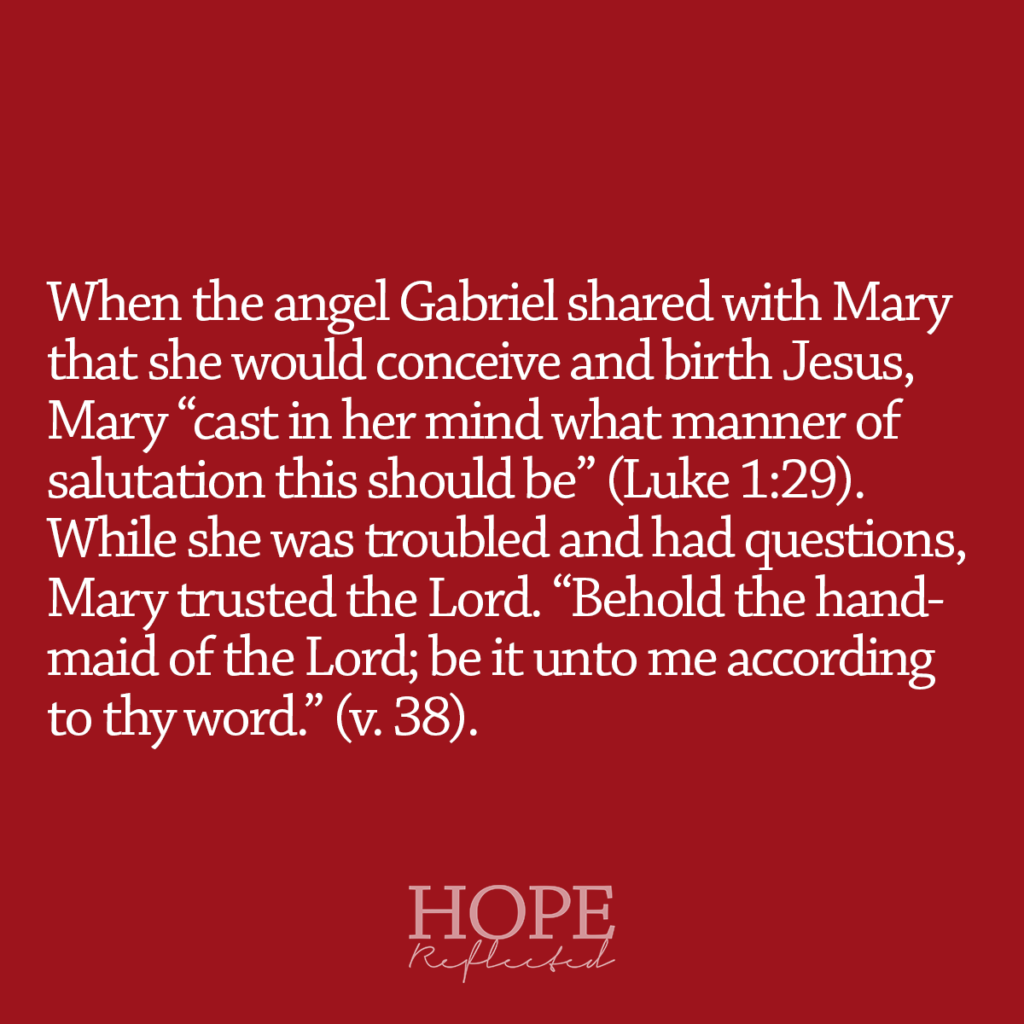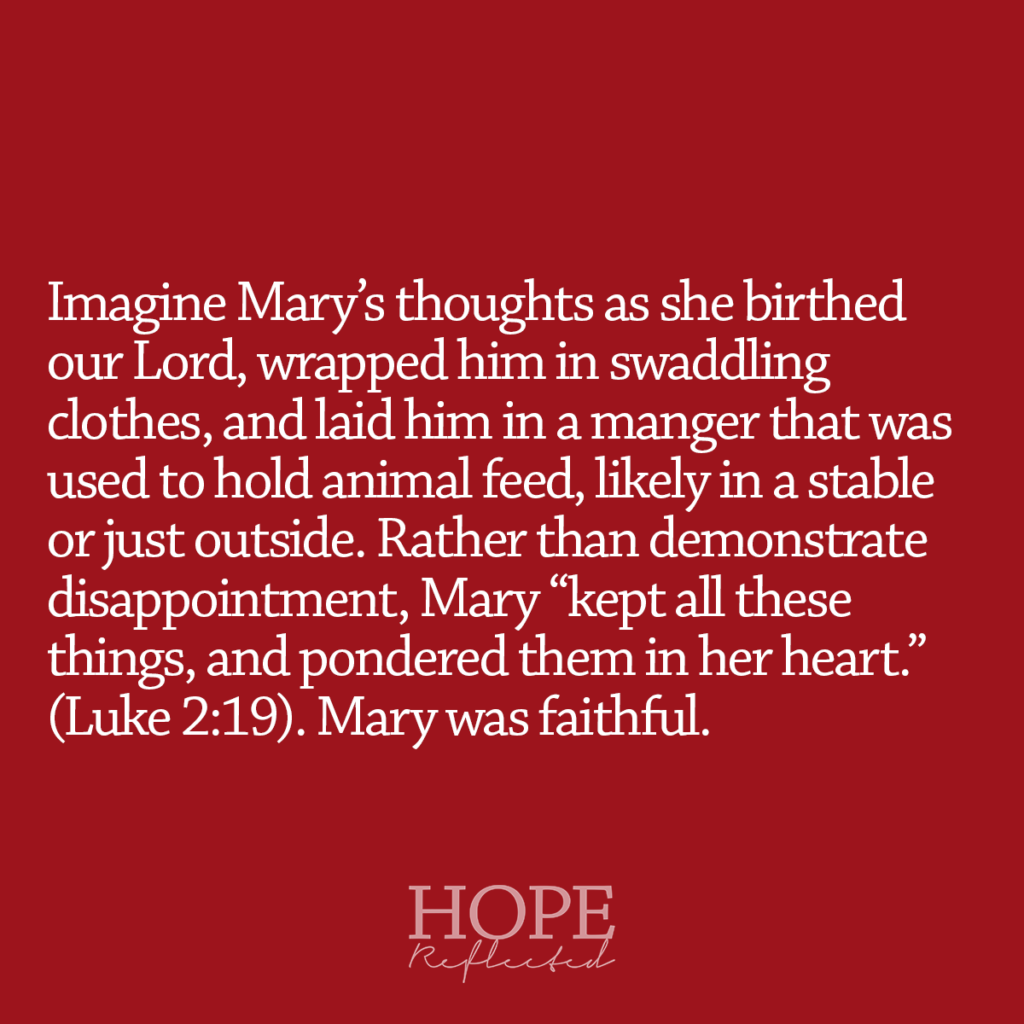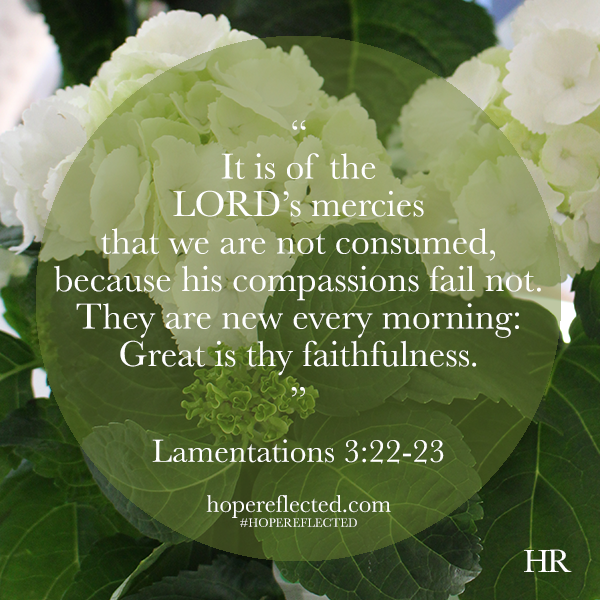Touch His garment
Written by H, Posted in Christian Living, Published Work

“And a certain woman, which had an issue of blood twelve years, And had suffered many things of many physicians, and had spent all that she had, and was nothing bettered, but rather grew worse, When she had heard of Jesus, came in the press behind, and touched his garment.” (Mark 5:25-27)
Is Christ our first instinct or our last resort?
This woman, who had suffered many years of a condition that would have caused her to be ostracized from her community, had tried everything. Then she heard of Jesus. Is Christ our first instinct or our last resort?
We often say, “All we can do is pray,” when really the best we can do is pray! Matthew Henry wrote that “It is usual with people not to apply themselves to Christ, till they have tried in vain all other helpers, and find them, as certainly they will, physicians of no value. And he will be found a sure refuge, even to those who make him their last refuge.”
Christ puts honour upon faith
The woman’s faith certainly wasn’t perfect—who’s faith is?—but she knew enough that if she touched Jesus she would be whole. At the time, if someone in her condition touched anyone, that person would be made unclean, just like her. But not Jesus.
“For she said, If I may touch but his clothes, I shall be whole.” (Mark 5:28). She didn’t say this audibly, but to herself.
As Spurgeon said, “Groanings which cannot be uttered are often prayers which cannot be refused.” The woman with the issue of blood believed that Christ could heal her if only she could touch the hem of His garment. Matthew Henry wrote in his commentary that “Christ puts honour upon faith, because faith gives honour to Christ.”
Like God provided the brazen serpent in the wilderness to heal all those who looked upon it, when we earnestly seek Christ, we can rest assured that He does indeed hear us, and He will honour our faith. First though, we have to come to Him.
Coming to Christ
The woman came to Christ, and she came in humility. There was nothing hid between her and Christ. “But the woman fearing and trembling, knowing what was done in her, came and fell down before him, and told him all the truth.” (Mark 5:33)
“To be completely transparent with Christ, we cannot try to cover anything up, and we cannot pray how we think He wants us to pray. We’ve got to show Him everything that’s in our hearts, after all, He knows it already!”
Hope Reflected
The woman came in fearing and trembling, and fell down before Him, as there is no honesty with Christ without humility. The two go hand in hand. To be completely transparent with Christ, we cannot try to cover anything up, and we cannot pray how we think He wants us to pray. We’ve got to show Him everything that’s in our hearts, after all, He knows it already!
We can’t hide anything from Christ
Nothing is hidden from Him, so it really is of no use to try to hide things from Him. The Lord knows every heart and every thought (1 Chronicles 28:9).
“Do not despair, dear heart, but come to the Lord with all thy jagged wounds, black bruises, and running sores. He alone can heal, and He delights to do it. It is our Lord’s office to bind up the brokenhearted, and He is gloriously at home at it.” (Charles Spurgeon)







![False friends or counterfeit kindness; whatever you want to call it, the world is filled with people who will say one thing to your face and then another behind your back; people who will woo you in order to get something from you.
It’s sad, but it’s true.
The Bible provides us with examples from Joab to Judas, and yet, we’re surprised when we find ourselves deceived and hurt by someone else.
So what are some of the hallmarks of a true friend?
You can read more about this on hopereflected.com [Link in profile]
.
.
.
#friends #friendship #kindness #counterfeitkindness #hurt #proverbs #truefriends #hopereflected #blog #blogpost](https://www.hopereflected.com/wp-content/plugins/instagram-feed/img/placeholder.png)